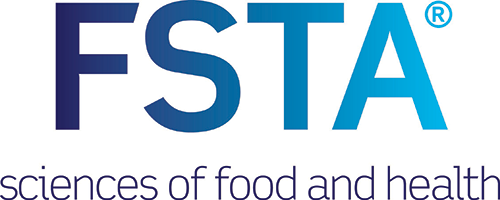Conditions can be obtained from the Editor-in-Chief.
Current Issue
Articles
International Journal on Nutraceuticals,
Functional Foods and Novel Foods
- from Research to Industrial Applications -
Aims and scope
NUTRAfoods is an international, peer reviewed, on line Journal focusing on nutraceuticals and covering dietary-food supplements, herbals, functional foods and beverages and other topics in the field. Aim of NUTRAfoods is to provide information to readers about all aspects of ingredients and products development, from chemistry, biochemistry and formulation to kinetic and safety testing. Specific attention will be devoted to efficacy studies, both preclinical and clinical.
The Journal publishes original articles including full-length or short scientific and technical research reports on health effects and development of food supplements, ingredients and finished products. Reviews, monographs, commentary and letters will be accepted and published in accordance with the editorial board if topics discussed are of general interest to readers. The Journal also publishes supplements containing proceedings of symposia or special meetings. Manuscripts submitted for publication must contain a statement to the effect that all human studies have been reviewed by the appropriate ethics committee and have therefore been performed in accordance with the ethical standards laid down in an appropriate version of the Declaration of Helsinki.
It should also be stated clearly in the text that all persons gave their informed consent prior to their inclusion in the study. Details that might disclose the identity of the subjects under study should be omitted. Reports of animal experiments must state that the Principles of Laboratory Animal Care (NIH publication no. 86-23 revised in 1985) were followed as applicable national laws (e.g. the current version of the German Law on the Protection of Animals). The Editor-in-Chief reserves the right to reject manuscripts that do not comply with the above mentioned requirements. Authors will be held responsible for false statements or for failure to fulfill such requirements.
JOURNAL METRICS & REJECTION RATE
30
Days
from submission to first editorial decision
15
Days
from definitive editorial acceptance to language editing
15
Days
from Author’s language editing acceptance to on-line publication
15
%
percentage of manuscripts rejected in the last 24 months
UTILITIES FOR THE AUTHORS



